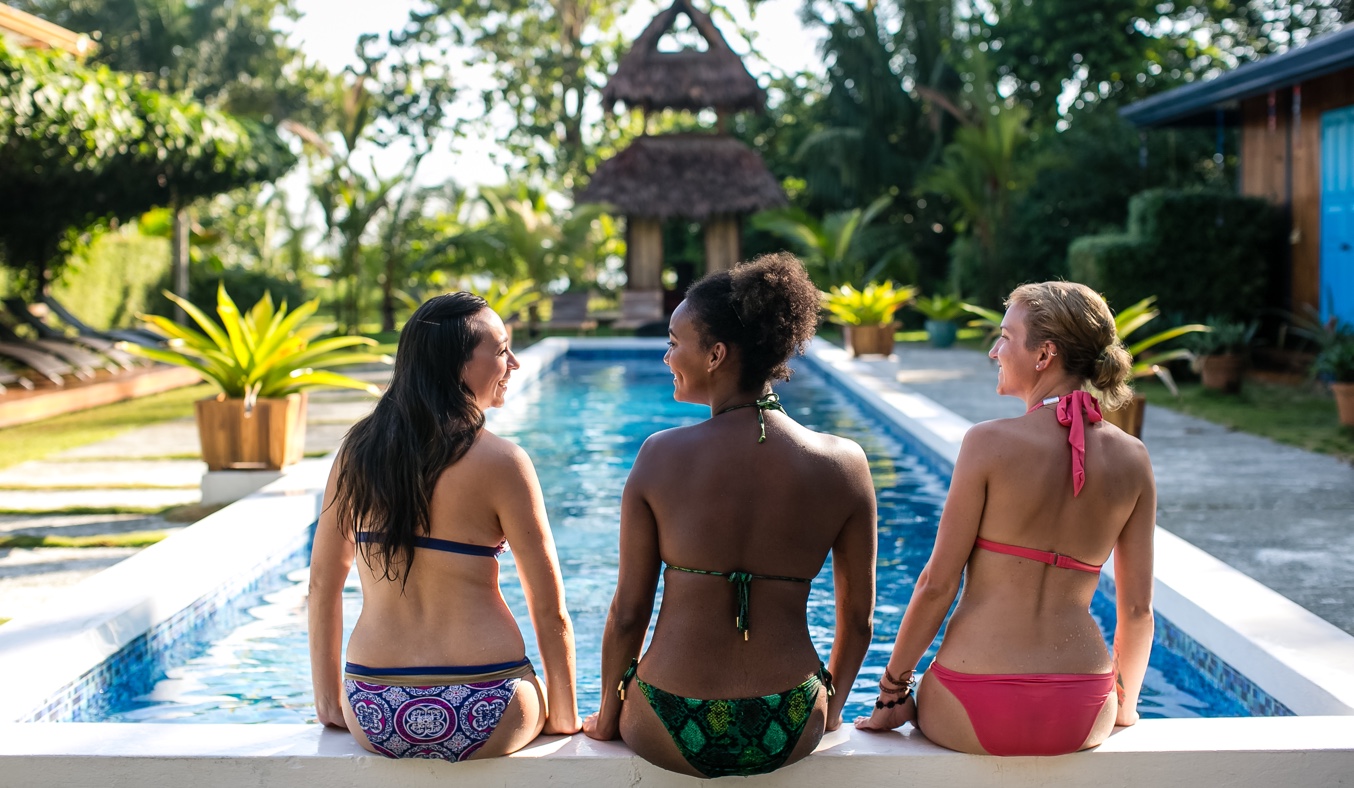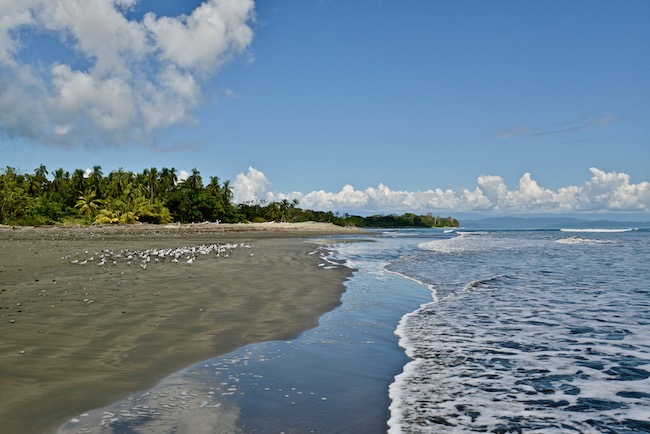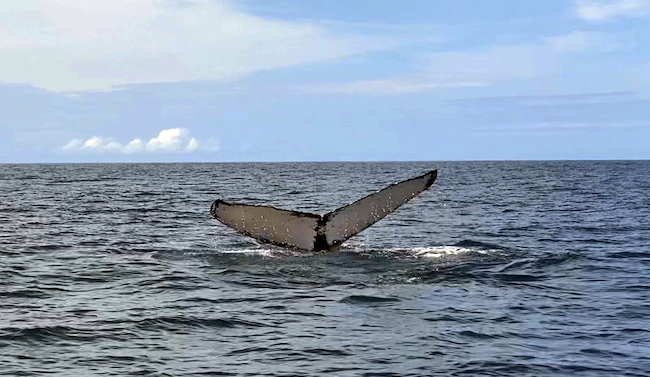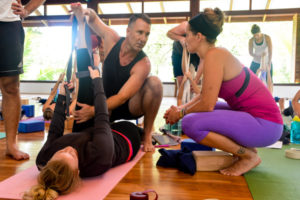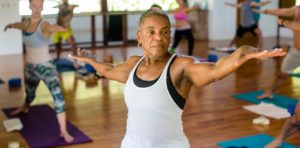Life can be challenging – we all know this. With so much going on in today’s society it can be hard to take a step back and reflect on where these challenges are coming from. From busy work lives to chaotic weekends, there are many reasons why you may believe that taking time off could be a bad idea.
But have you ever thought about why taking a vacation is good for your health?
There are countless benefits of taking a vacation. A change of scenery, a chance to relax, the opportunity to heal the body… Taking a vacation can even give you the ability to improve concentration and find your true self.
If you are dreaming of sandy beaches, the smell of sunscreen, and a worry-free mind then a vacation is for you. We are only on this earth for a short amount of time and we need to make the most of it. There is so much to see and do… People to meet, cultures to experience, food to eat! We spend so much time worrying about the future when we could be taking advantage of our lives and looking forward to the path ahead. So stop what you’re doing, grab your passport and hit the road.
Why Are Vacations So Important
Take a moment to think about your current life. How are you feeling? If your answer is angry, stressed, and lost, then it’s time for you to take a vacation.
Once in a while, everyone needs a vacation. Our bodies are not designed to be working all the time. When you push your body to the limit by working long hours and denying yourself the rest you so need, you might find yourself “hitting a wall”. This is why vacations are good for your health. They give your mind and body a chance to rest and recharge. This way, when you go back to work or your day-to-day routine, you feel energized and much more productive. Taking time away may even help you to focus on yourself and build resilience and confidence.
Now more than ever, people feel concerned about their jobs while keeping their lives under control. During this time, stress has been building and minds are becoming cluttered with worries and thoughts about the future.
Even now, you might find yourself thinking about all the things you need to do today: grocery shop, finish that assignment, get to work on time. Your shoulders are tight and your jaw feels tight…Now imagine you are on a beach or lying in the sun. You can feel the heat on your skin and the cool water brushing against your feet. Your body is at peace and relaxed…How does that feel? Vacations are great ways to improve relaxation within the body. They improve your ability to function. You may even feel at war with yourself when you spend too much time overthinking. It’s often hard to find acceptance within oneself so think about how a vacation may help you find your road to peace.
How Do Vacations Relieve Stress
One of the many benefits of taking a vacation is the opportunity to relax and end stress. Between not having to focus on work and changing your daily routine, time away from home encourages the body to experience new things. This can make you happy. New life experiences are great ways to relieve stress. They distract you from your typical habits and encourage you to be open to new experiences. Imagine seeing a sloth or chasing a waterfall in Costa Rica. Doesn’t that sound great?
Taking a step back from your normal life also encourages you to re-think what actually causes stress. It’s always a good idea to take some time away to have a new perspective on life. As well, when on vacation, most people will take more time to sleep and rest. This allows your body to restore lost cells in the body that haven’t had time to repair during constant work. Giving your mind and body the freedom to rest is essential. Putting the phone away and closing the eyes encourages functionality within the brain. This allows us to better adapt to outside stressors.
Imagine that a co-worker is making you frustrated by not doing what you asked them to do. When stressed, this type of situation will most likely be irritating. You lash out or internalize this stress in negative ways. You are too tired to deal with the situation and become stressed by this type of behavior. Anger, resentment, and exasperation are all feelings that may arise.
Now think about how you would deal with this situation if you were rested and able to think. You can take the time to look at the bigger picture and deal with the problem in a calmer manner. Vacations provide us with new perspectives on life and a fresh mind to combat problems that we no longer want to deal with.
Denying yourself adequate rest may even lead to chronic stress. This can come in the form of lower back pain, fatigue, and insomnia. Although there are some ways to fix these ailments from home (for example, yoga nidra to help you sleep) a vacation will better help you in the long run.
Why are Vacations Good for your Mental Health?
Psychologically, vacations give our brains a chance to focus on something other than work and our everyday lives. A fresh outlook on life is a great way to recharge and look at the world in a better way. Vacations also encourage us to feel happy which increases the levels of dopamine in the brain. Also known as the “happy hormone”, dopamine is an important chemical in the brain that associates pleasure and reward. The more dopamine we have in the brain the happier we are. This is WHY vacations make people happier.
Vacations are also healthy for you because they can encourage you to spend more time with family and friends. More time with loved ones is great for mental health because it can increase happiness and satisfaction. Family and friends can often be great support systems. So in times of stress, vacations can encourage you to be more open about your feelings and get some negative emotions off your chest.
If you are someone who has become overwhelmed with the number of people you interact with on a daily basis. Vacations can be a great way to practice social separation.
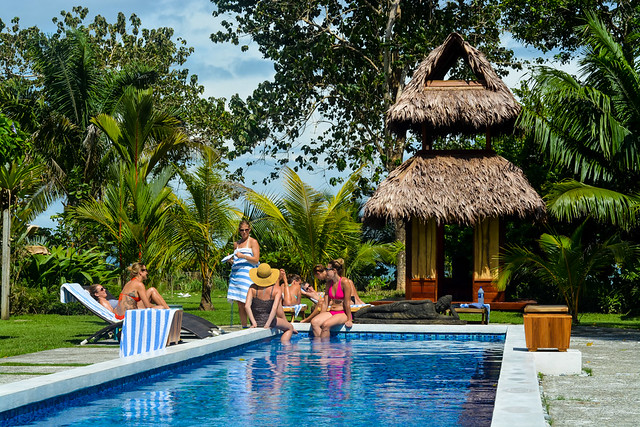
How to Take a Vacation
There are 195 different countries in the world. Each one is full of different people, cultures, and experiences. So how do you choose where to take your vacation? And where do you start? Here are some questions to ask yourself to help make your vacation dreams a reality:
- When can I take the time to go on vacation?
- How much time do I want to go on vacation?
- What is my budget? If you are looking for an amazing getaway do your 5-star vacation in Costa Rican style
- Where do I want to go? A great suggestion is somewhere by the ocean. Immersing yourself in salt water is a great way to support healing
- Who do I want to go on vacation with?
What are some life experiences I would like to have? If you are into nature, take a look at all the incredible wildlife you can see in Costa Rica. For example, whale watching!
The benefits of taking a vacation are endless. Increased productivity, better concentration, boosted happiness…not to mention FUN! And remember, you only live once #YOLO. Remember that taking a break is not only okay, but it’s amazing for your mental and physical health. So if you find yourself in a rut, close your laptop and start packing. The world awaits you.


